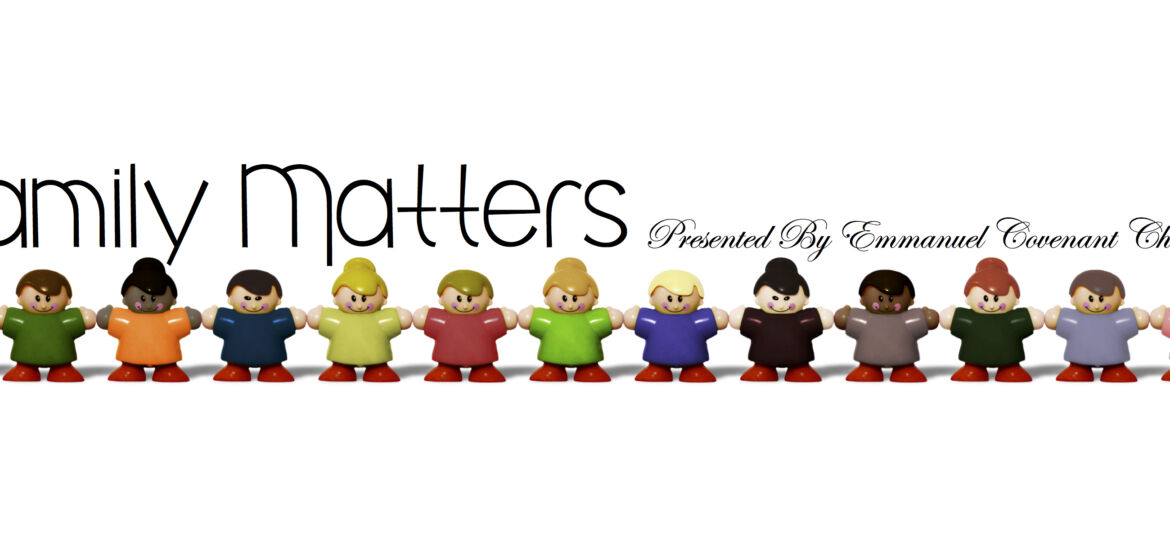
In part two of this mini-series, pastor Keith explores how three of the most basic words in Christianity may soon no longer mean what we’ve always thought and believed.
 “Gospel”
“Gospel”
Most Christians today (and even a large majority of people who’ve grown up in first world countries for that matter) would understand the word “gospel” to mean some slightly altered version of “the story of Jesus (who is God) coming to Earth and dying for us so our sins could be forgiven and we could live forever in heaven.” Within the confines of the Christian bubble in North America, some pastors and leaders would even suggest that to consider the gospel as anything beyond this would be heretical if not satanic.
However, realities like globalization and the growing mountain of information and education we have these days have already empowered people both inside and outside of Christianity to raise new questions about the meaning and definition of the gospel which are forcing us to re-explore this word in fuller ways. For example, more and more people these are asking questions like “If the gospel is about atonement and justification like we have been told, then how come Jesus is not recorded using either of these words once in Matthew, Mark, Luke and John? And if Jesus doesn’t talk about atonement or justification, what gospel or “good news” is he preaching about? Do the four gospels in the Bible have a different gospel than the rest of the Bible? If so, then where did we get our gospel from if not from Jesus? Paul? How come Paul’s version is not the same as Jesus’?
So as our world grows smaller and smarter with unprecedented access to thought and each other, one could guess that there will also be other challenges to our current definition of the word “gospel.” Over time, this may lead to different theological truths working its way into how we define and describe the word “gospel.” We might see more articles about how it is better to define the gospel by what it does in our lives instead of exclusively describing what it is for our lives. We might hear more pastors preaching about the Gospel as Kingdom and as Shalom as well as how Jesus’ death and resurrection do not just atone for human sin, but also for God’s shame and dishonor, Satan’s unjust rule and our cursed creation.
Though our understanding and definition of “the gospel” might shift or evolve in the days ahead to keep up with the proverbial Jones’, it is and was and will always still be the bedrock of all things Christian; therefore we can also predict that other important words connected to the gospel such as evangelism and discipleship will be impacted as well.
Keith C.
Emmanuel Covenant Church


